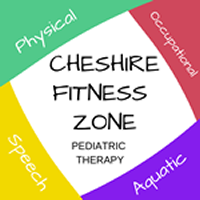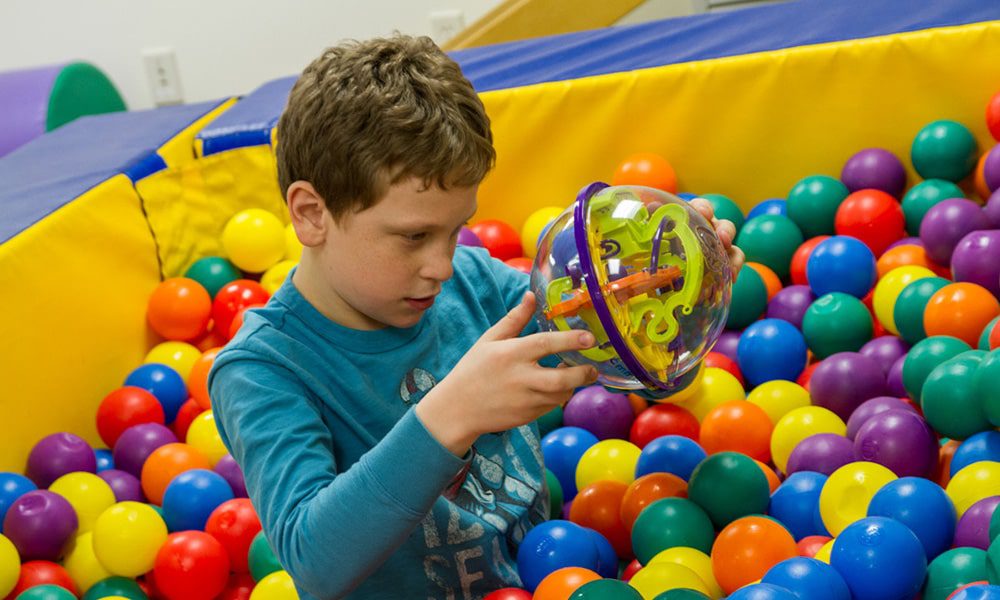The ability of the brain to make sense of what the eyes see is referred to as visual perception. Note that it is not akin to visual acuity, which is about how clear an individual can see. It is possible for an individual to have good vision but still have trouble with visual perceptual processing. Visual perception is vital as it affects a person’s skills in areas such as writing, reading, drawing, cutting, solving puzzles among others. Without good visual perception skills, a child is likely to suffer from low self-esteem and perform poorly in class.
Categories of visual perception
There are several categories of visual perception. It is important to take note of these categories as they are distinct. They include visual memory, visual discrimination, visual attention, visual figure-ground, visual closure, visual form constancy and visual spatial relationships. Visual attention is the ability to focus on one thing and filtering out irrelevant things.
Visual discrimination allows you to tell the difference between objects based on their physical appearances such as shape, size, color and the like. Visual memory is the ability to remember the visual object traits. All these categories touch on a particular area and are crucial for your child’s development.
Assessing child behavior
It is important to keep tabs on your child as he grows. This is because it allows you to note anything unusual and take effective action. In the case of visual perception, there are a number of things that you need to look out for as a parent. First, you need to test puzzle solving ability. Secondly, you should check to see if your child has difficultly with spatial concepts as in the case of “on, under, out, in, up, down and so forth.” You should also test the ability to differentiate between the letters “p, q, b, d.” Other things to look out for include letter or number reversing when writing, reading issues, poor memory on alphabetical sequence among others.
What is the way forward?
The most ideal solution for visual perception issues is pediatric occupational therapy. These professional therapists will help you assess your child for visual perceptual problems by employing standard assessments as well as discussion and observation. After assessing the child, a pediatric occupation therapist will recommend viable ways to improve his visual perceptual skills. More often than not, it involves participating in activities such as picture drawing, work reviewing, memory games, flash cards, construction activities and word such puzzles.
With time, your child will show some improvement in his visual perception skills with the help of an occupational therapist. As a parent, you also need to take the initiative of encouraging your child to play the aforementioned games or take part in activities that will help him develop visual perceptual skills. You can do so by setting aside time to play with your child. This way the child will feel encouraged and will not suffer from low self-esteem. Child performance at school will improve significantly based on the efforts you make to ensure he gets the best care and support.



